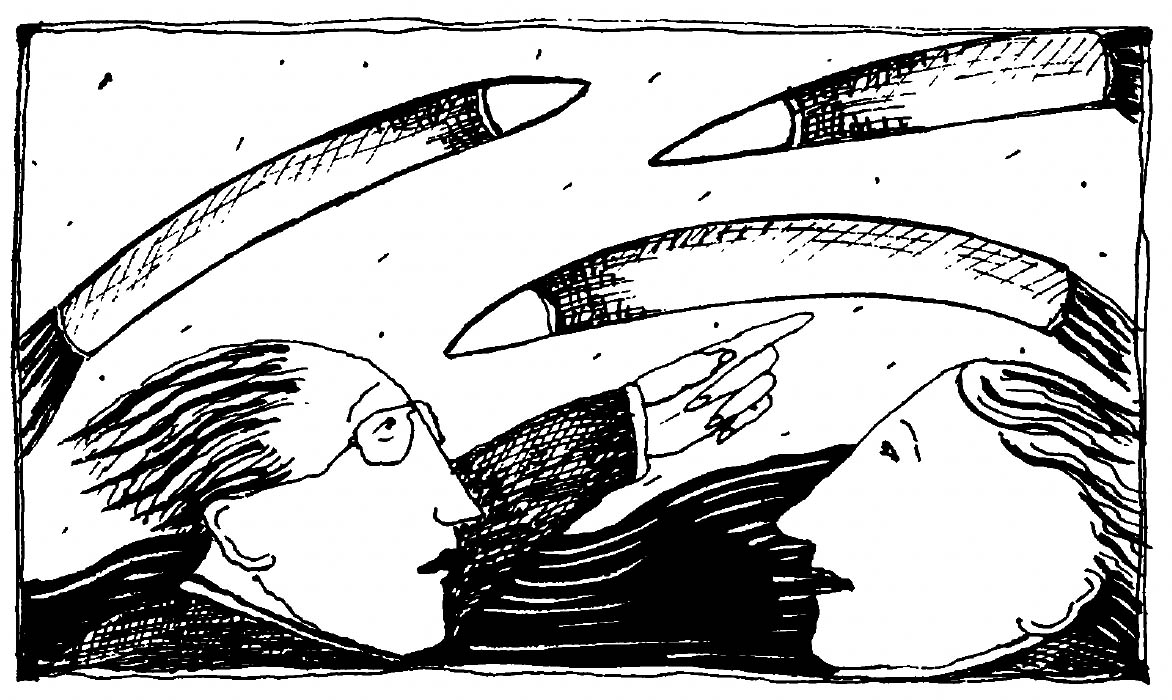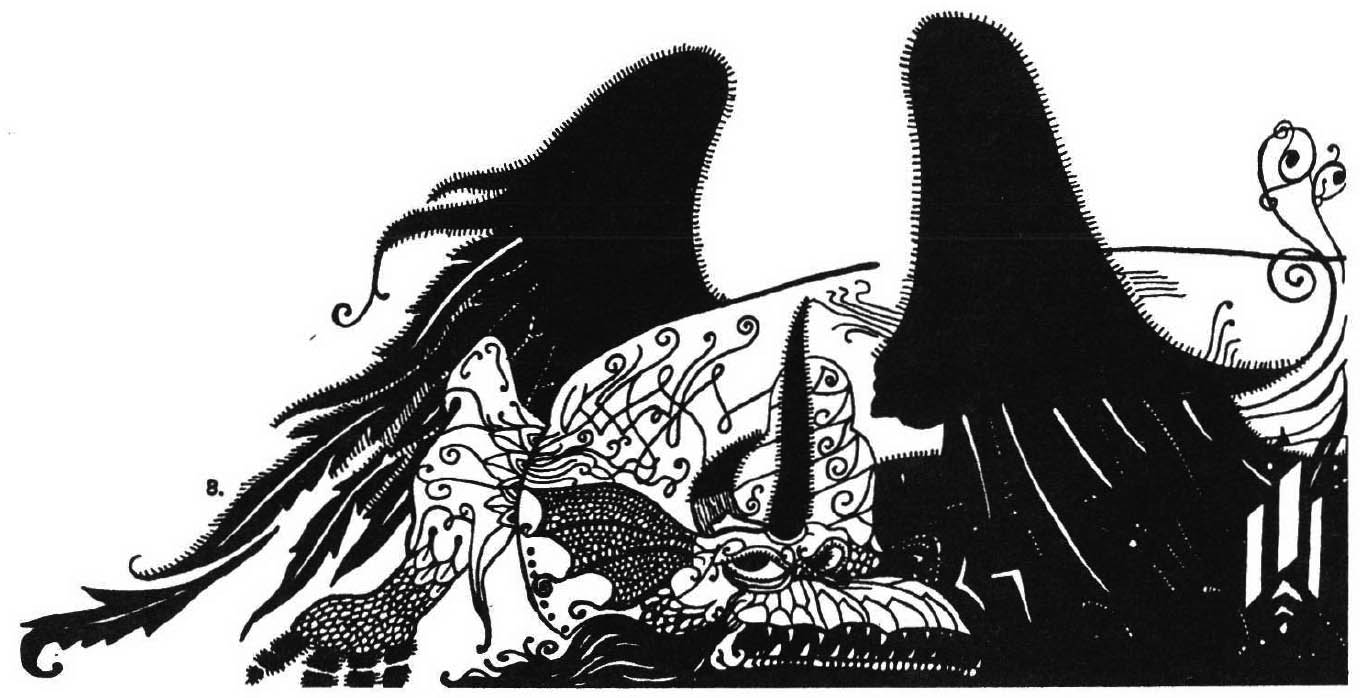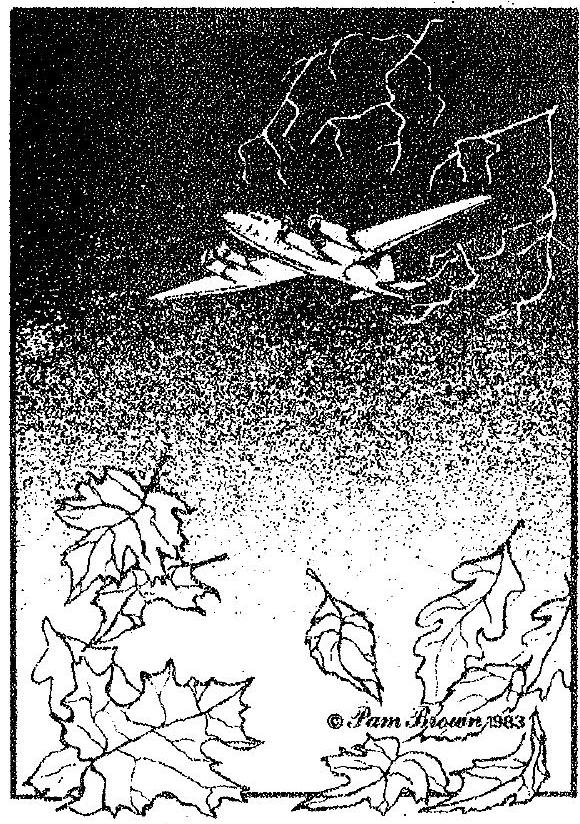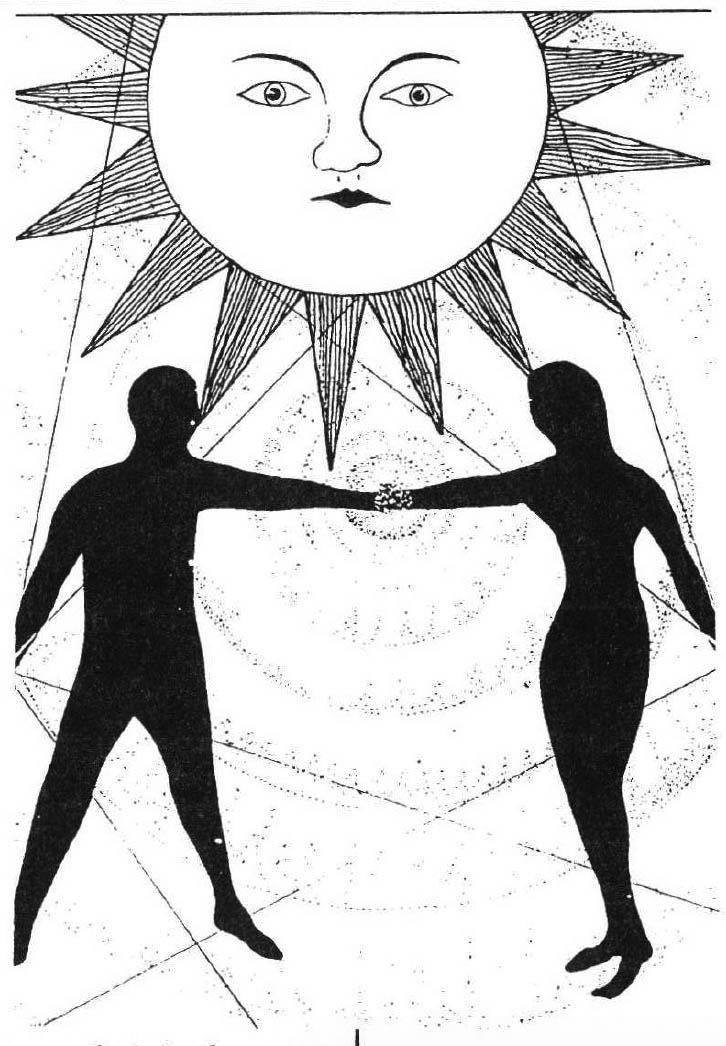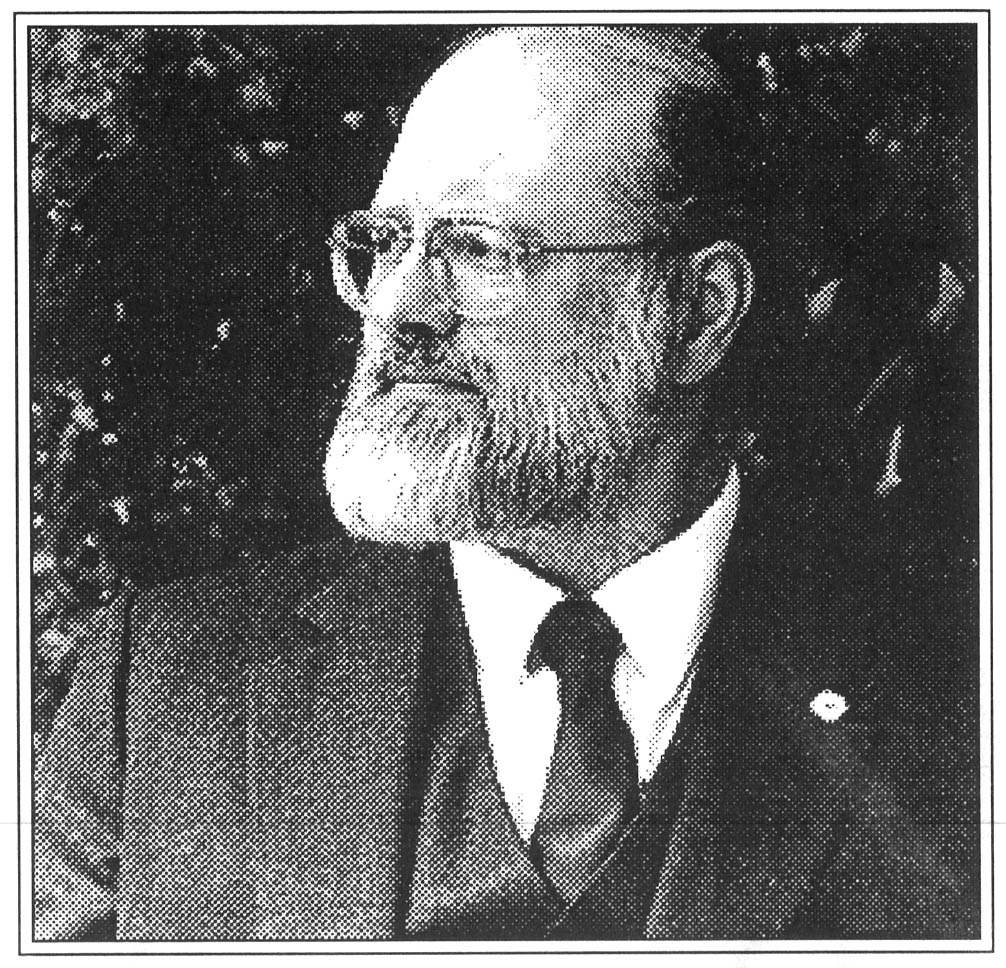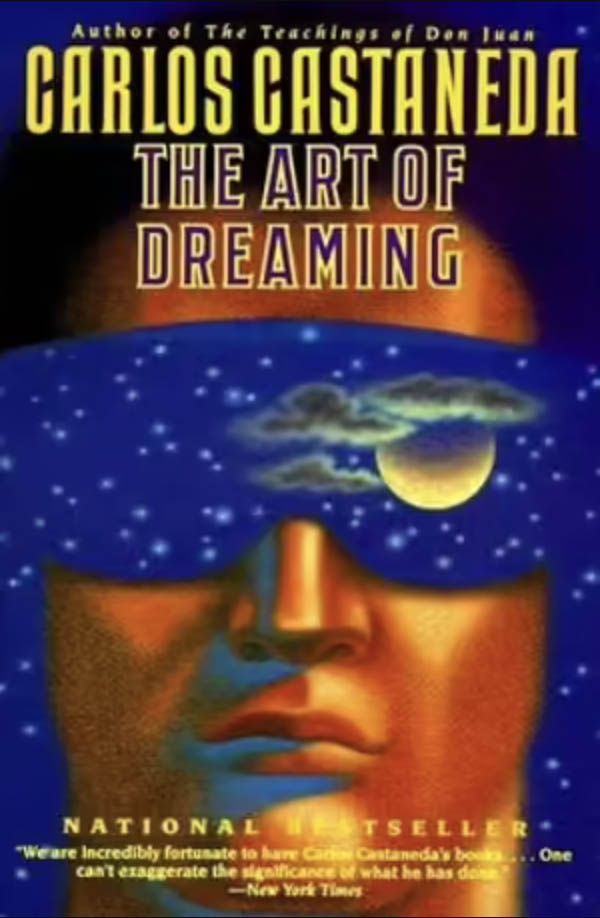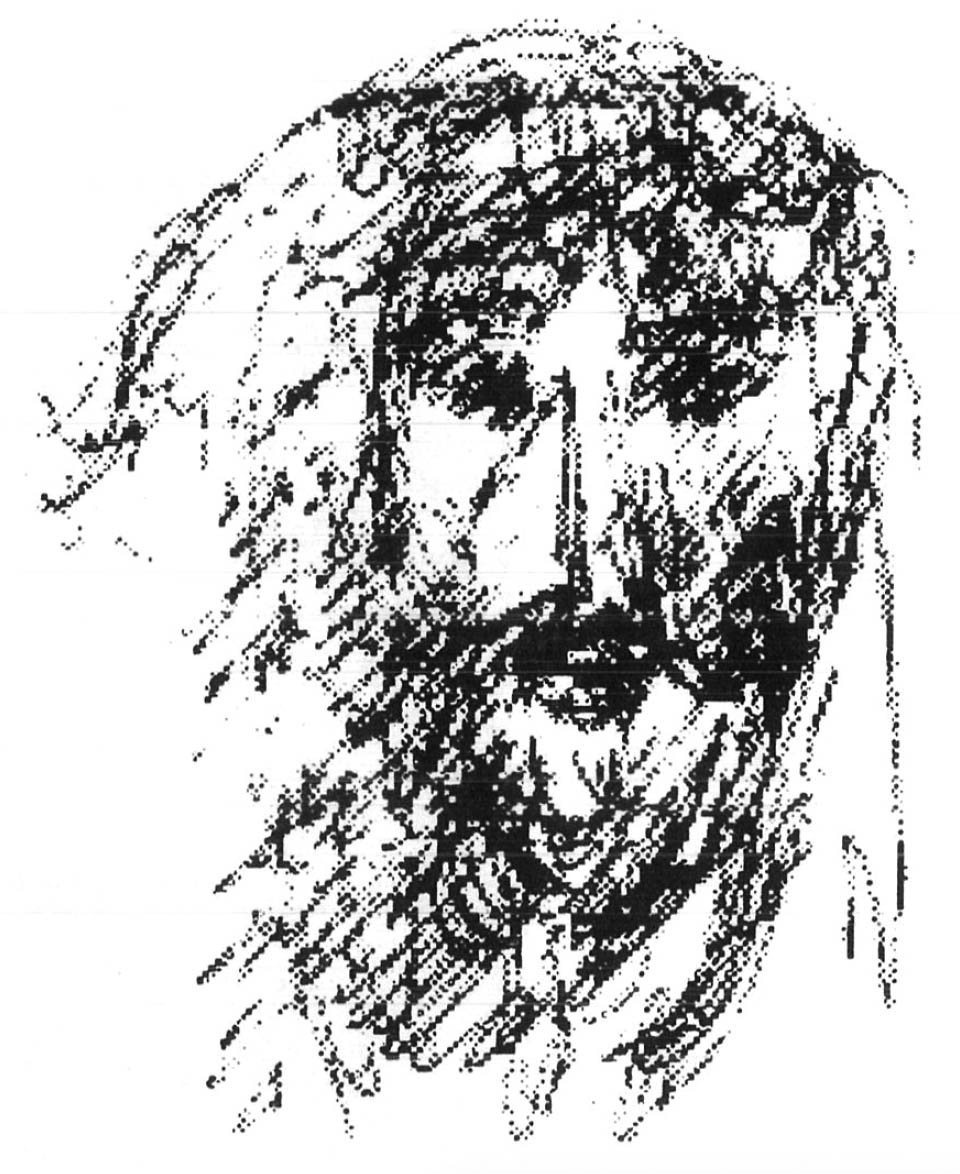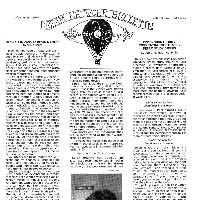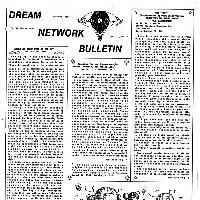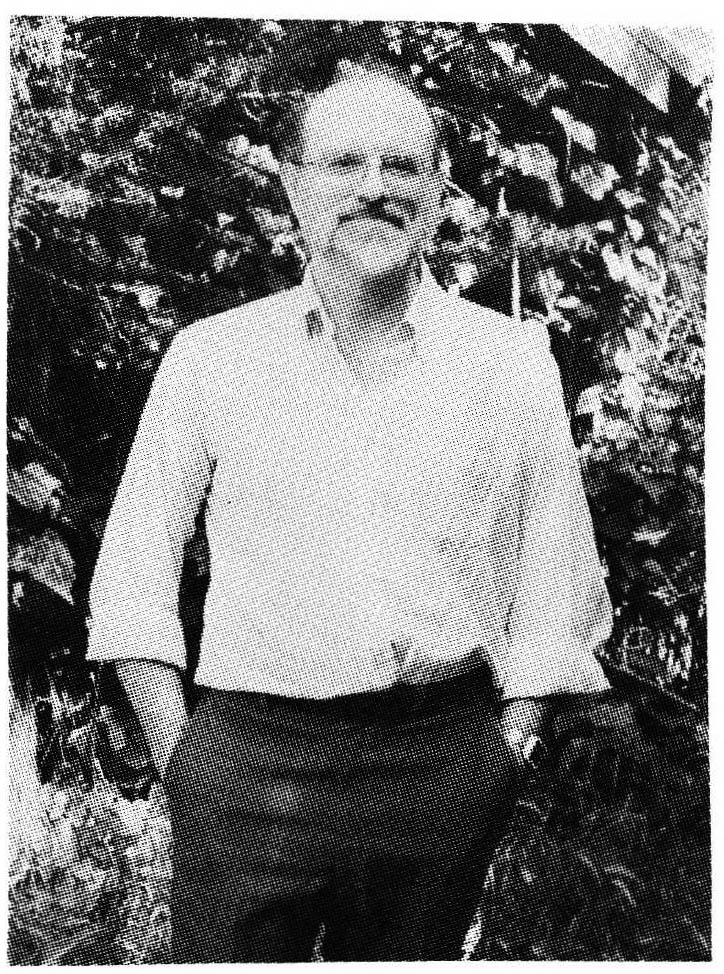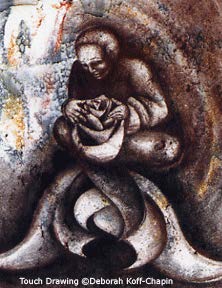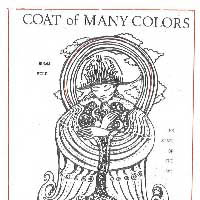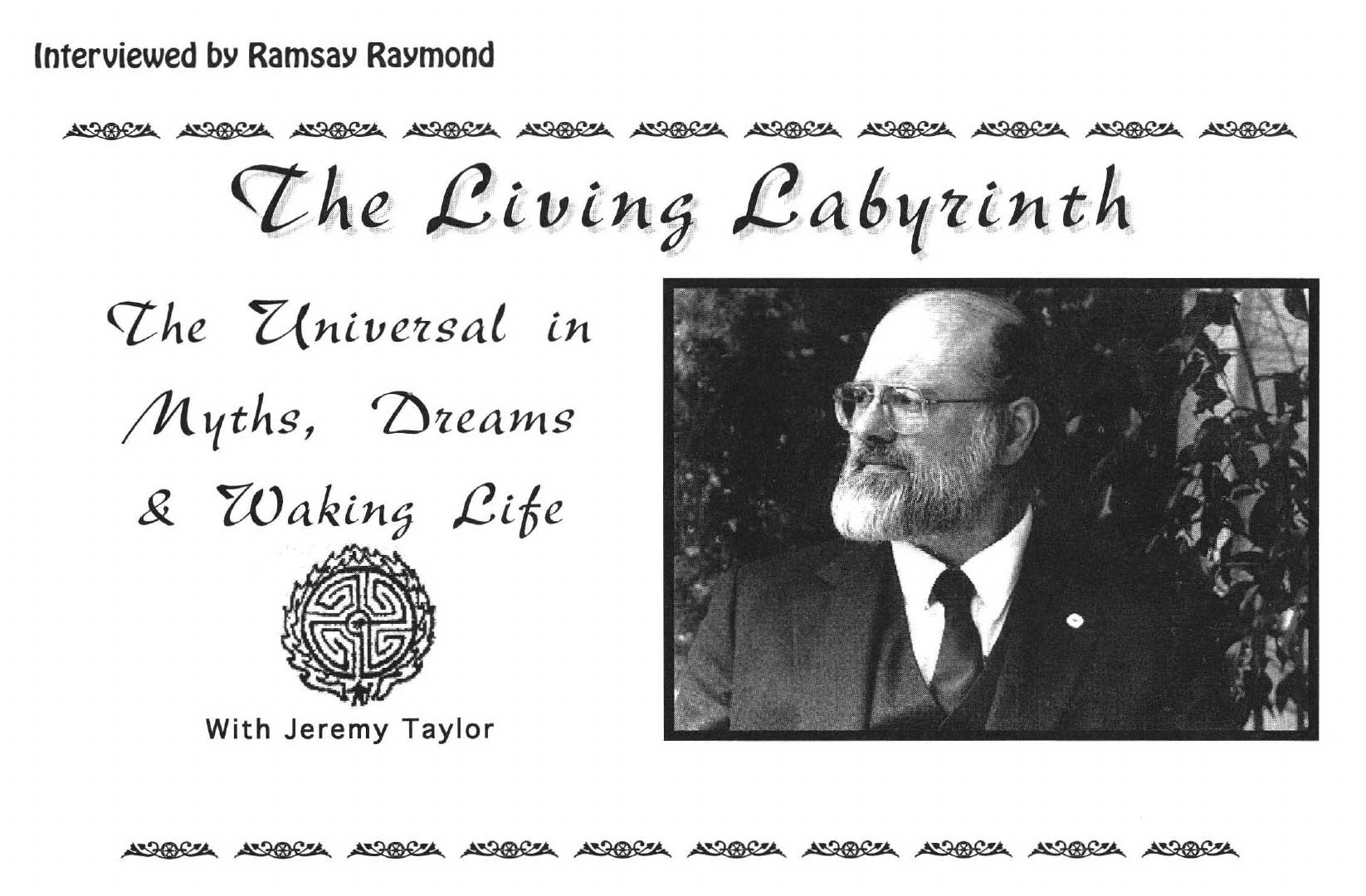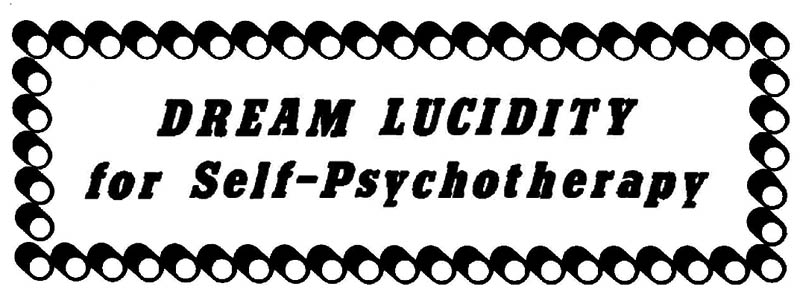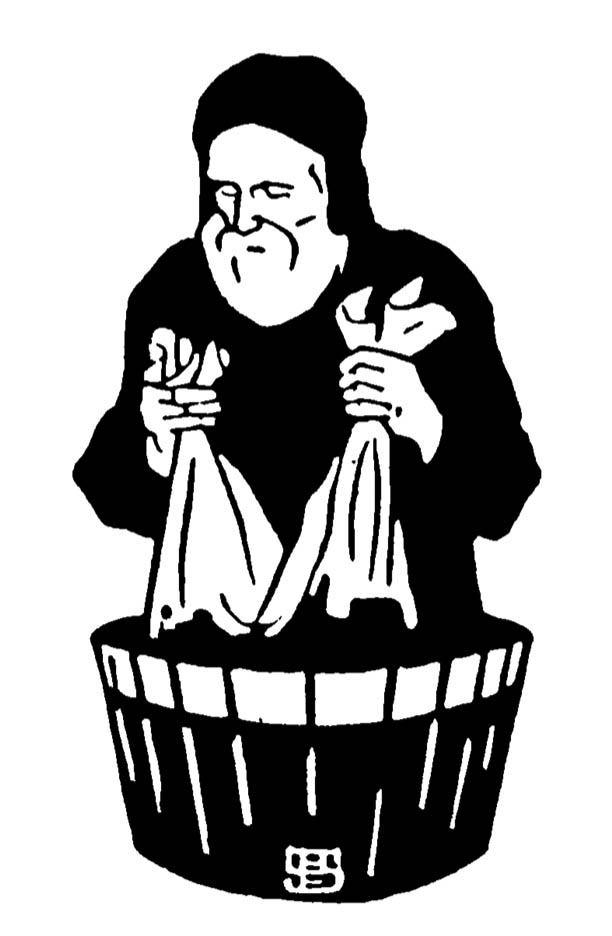
Recently Francis Crick published a paper In which he claimed to have "unraveled" the ultimate meaning and purpose of dreaming. He suggested, "we dream in order to forget" - that the purpose of dreaming is to "clear the circuits" and purge the mind of "useless, irrelevant" data.
The evidence for this "garbage disposal" hypothesis is overwhelming, but even though Crick demonstrates this function of the dreaming process with admirable thoroughness, he simply falls to address the fact that the dream always serves multiple functions and contains multiple layers of significance. He believes that having proven this one thing, he has somehow magically disproved all other possibilities.
Imagine for a moment, an Interstellar archeologist arriving on Earth and exhuming a pleasant private library with a fireplace and walls lined with books. The currently fashionable "scientific" assumption in the world of interstellar archeology is that the ink marks in the books are meaningless, and so this
scientist examines the ancient remains of the ashes in the hearth and discovers that paper with ink marks identical to those in the books was indeed burned regularly in the fireplace - (the owner used newspapers to start the fires). The interstellar archeologist then goes on to publish a major paper saying that this discovery proves that the books that lined the walls were "nothing more than" fodder for the fire, and were obviously stored there simply in order to be burned for warmth.
The archeologist goes on to prove the point "experimentally" by burning a few of the ancient books sure enough, they do burn and leave ashes much like the original newspaper ashes. At the next interstellar archeology meeting it is proclaimed that it has been proven beyond doubt that the old earth "books" that the romantics have been trying to "decipher" for clues about the lost earth civilization are "meaningless", and that anyone who persists in imagining that they may hold some other significance is hopelessly deluded... (This is not good science, either in fantasy or in actual practice, but it is, alas, what we keep getting.)
Books do indeed burn, and dreams do indeed serve the purpose of sorting out immediately useful memories from memories that are deemed to be of less current importance, and are thus stored beyond the access of consciously willed recall, but the true significance of neither books nor dreams is exhausted by this relatively crude understanding.
Indeed, the studies in hypnosis, (to say nothing of the evidence offered by the dreams themselves), demonstrate conclusively that nothing is ever really totally forgotten - we remember everything, (even back into our mothers' wombs) - and given the proper motivation and environment, any experience can be recalled in detail.
What appears to be the case is that the "blackboard" of short-term memory has a capacity of about an hour and a half. Every ninety minutes or so, a period of "conversion" appears to take place of necessity, awake or asleep, in which the "random" impressions of short-term memory (including interior events of thought, feeling, Imagination, kinesthetic sensation, etc.) are converted into the categories of long-term memory, and In that process, the data are "winnowed", and "useless" impressions are relegated to the relatively inaccessible archives of the unconscious mind. The studies of waking memory and attention span, and the studies of REM sleep both demonstrate this 90 minute cycle, and studies of the content and structure of waking "reverie" and sleeping dream show marked similarities.
However, when one considers what characterizes the categories of long-term memory - emotional cathexis, symbolic resonance, intellectual homology, and association through physical sensation- it is easy to see that even though the impressions of short-term memory may be "meaningless" in themselves (something I am granting only for the sake of argument, which I do not actually believe...) the very process of converting these supposedly "random" and "meaningless" impressions into the categories of emotional, symbolic, and intellectual association that form the basic structures of long-term memory, in itself creates meaning, and makes the previously "meaningless" impressions meaningful through systematic association with the deepest structures and categories of meaning in the psyche.
Crick and the other dream theorists, (Evans, Palombo, Hobson, McCarley, Hudson, et al), who are so enamored of the analogy between dreaming and the periodic need to dump irrelevant data from computer programs, are not wrong in their positive assertions that dreams do serve this purpose, but they are wrong in their assertions that this is the limit of the purpose and function of dreaming.


